Sunak urged to bar people convicted of sexual misconduct from running as MP
UK Prime Minister Rishi Sunak has been urged to implement fresh regulations that would prevent individuals with sexual offense convictions from running as a member of parliament prior to the next election.
Politicians and unions are of the opinion that implementing formal regulations to prevent unsuitable candidates will streamline the process of identifying and eliminating undesirable individuals, despite the fact that each political party has its own vetting procedures.
The Prospect Union, a UK-based trade union that represents engineers, managers, scientists and other specialists in both the public and private sectors, urged Sunak to speed up the implementation of risk-based exclusion measures.
“If they won’t, Labour should do so as a matter of urgency if they win the next general election,” said Mike Clancy, general secretary of the union.
The request comes ahead of the expected Scottish parliamentary vote to block anyone convicted of sexual violence.
Ever since the 2019 general elections, at least six MPs have been expelled who were allegedly involved in sexual misconduct, while ten MPs have been fired from their parties as their cases are pending investigations.
“I can’t believe this has to become formal policy, but history shows how bad the working environment in Westminster has become for this to be needed. Working standards for people on the estate are at a pretty low bar,” a former minister told the Guardian.
In 2022, a prohibition was implemented in England and in 2021 in Wales, preventing sex offenders from participating in council elections, including mayoral elections.
Similarly, a ban on sex offenders standing for the Senedd in Cardiff was enforced.
Meanwhile, Northern Ireland is devoid of any such ban. However, it does not allow anyone with recent prison sentences of three months or more to participate in council elections.
UK lawmakers have a history of sexual misconduct, as dozens of them have been accused of sexual misconduct, ranging from harassment to more serious wrongdoing, throughout the past years.
In 2022, more than 50 lawmakers were accused in the kingdom of sexual misconduct, and the parliament’s Independent Complaints and Grievance Scheme (ICGS) received around 70 complaints about 56 members of parliament.
The misconduct has not only been there in the parliament, but also ranges from the kingdom’s national healthcare services and its armed forces.
In January, a new investigation revealed that nearly 20,000 mental health patients were raped, sexually abused, assaulted, or harassed while being treated in the UK’s National Health Service (NHS) mental hospitals, in what is described as a “national scandal.”
Last year, damning whistle-blower evidence revealed that “a significant proportion of servicewomen experience unwanted sexual behavior in service” and “many are reluctant to report or seek help”, as sexual abuse and a “culture of institutional misogyny” creeps within the British armed forces.
US would face defeat in armed conflict with Venezuela - as in 12-day war: Envoy
Israel’s killing of senior commander threatens Gaza ceasefire: Hamas
Iran condemns ‘violent’ attack on Jewish event in Australia
Afghanistan’s regional integration key to lasting stability: Iran FM
VIDEO | 12 dead, dozens injured in mass shooting at Jewish event in Australia
‘Cinema Verité’ festival and a new geography of global resistance documentary
VIDEO | Iran seeking ouster of US forces from West Asia region: Analyst
VIDEO | Press TV's news headlines


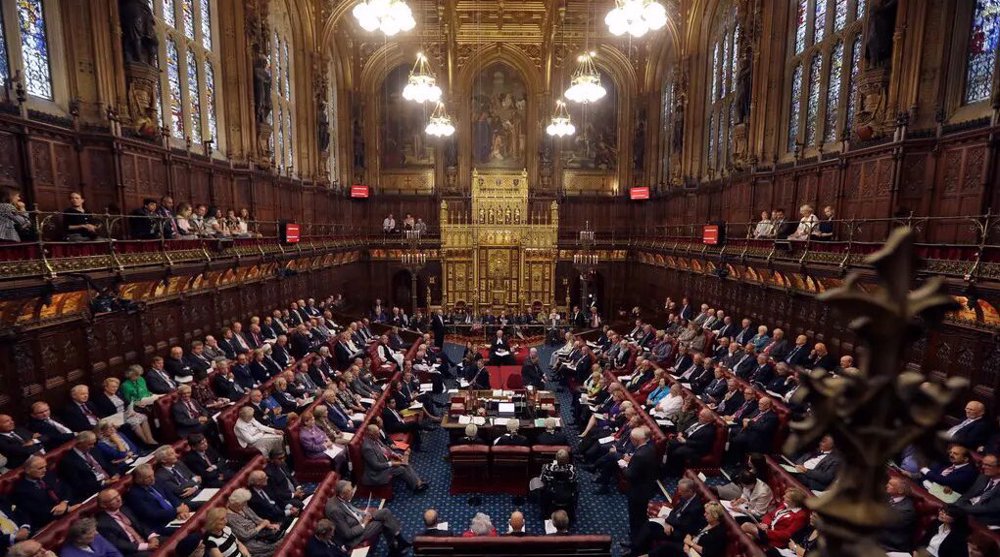
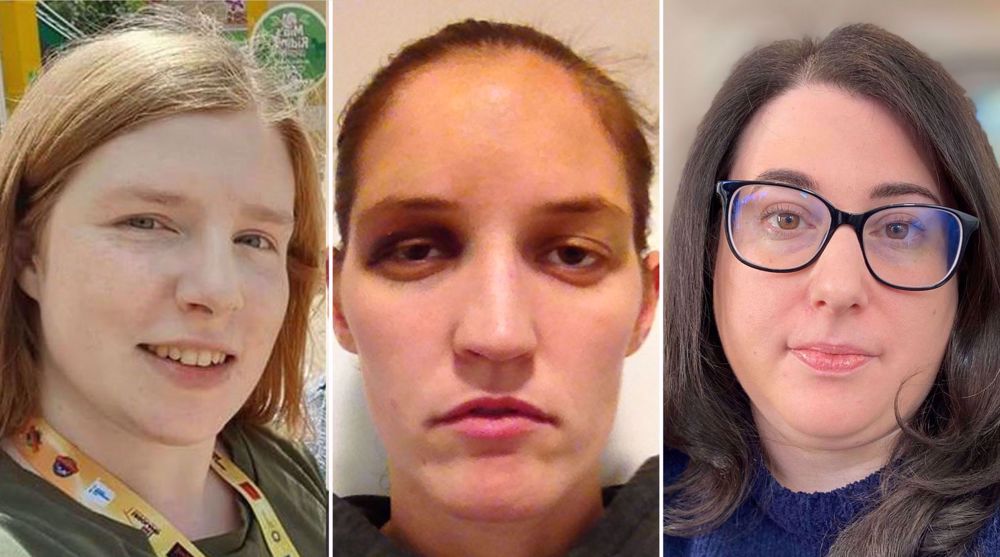
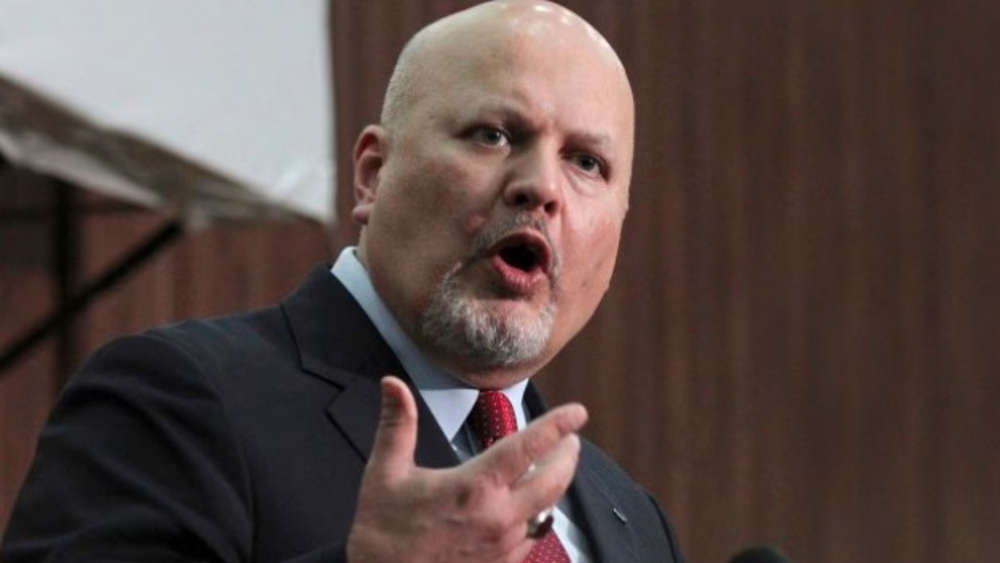







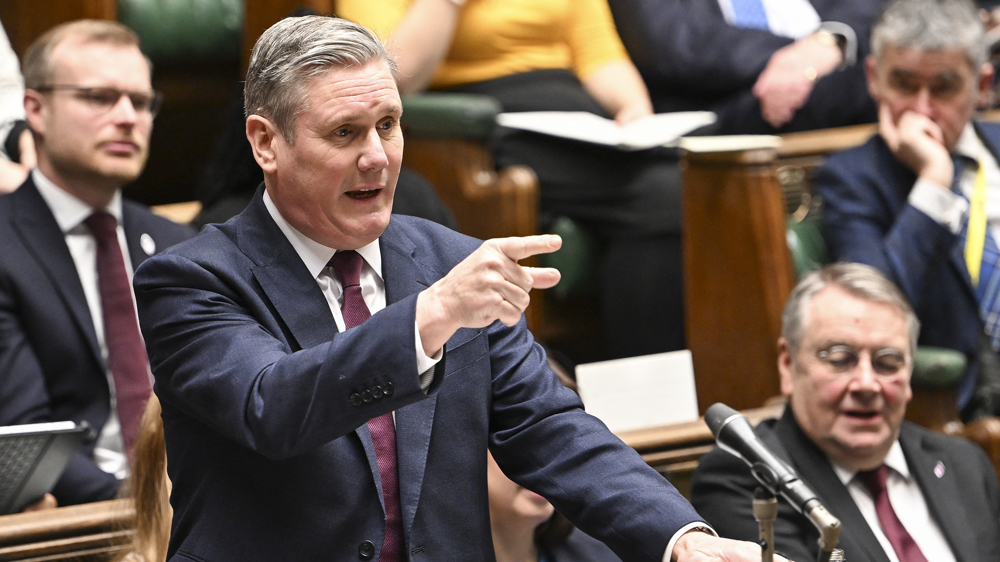
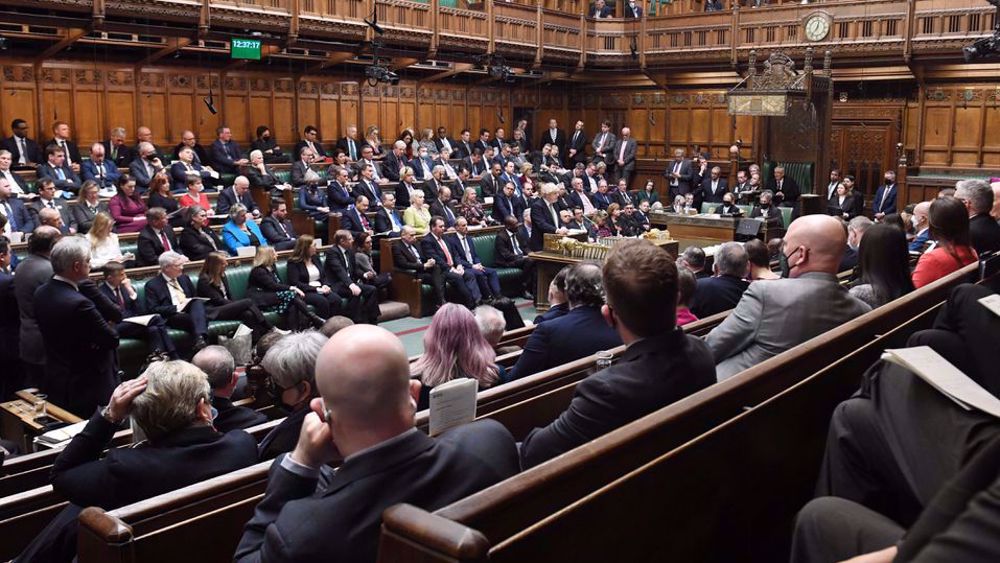

 This makes it easy to access the Press TV website
This makes it easy to access the Press TV website